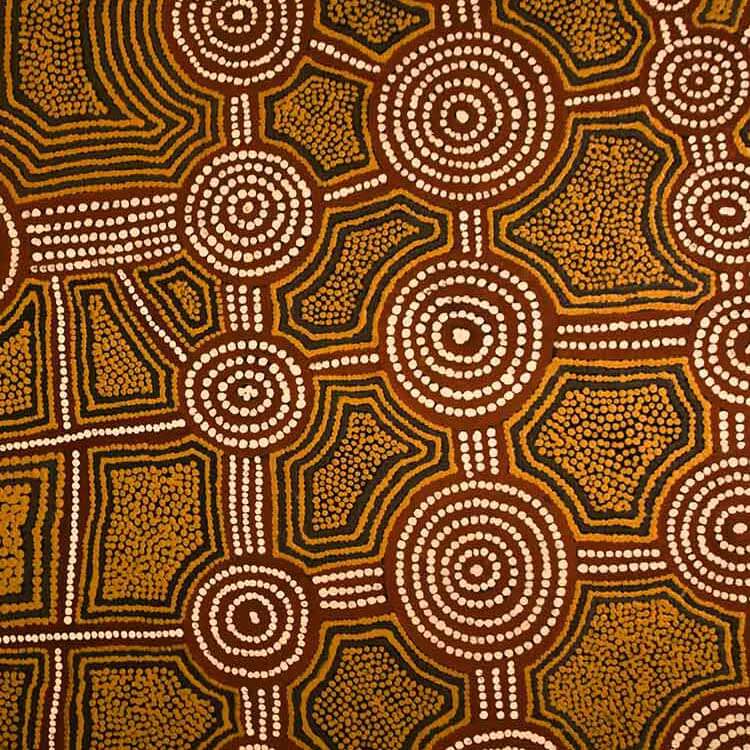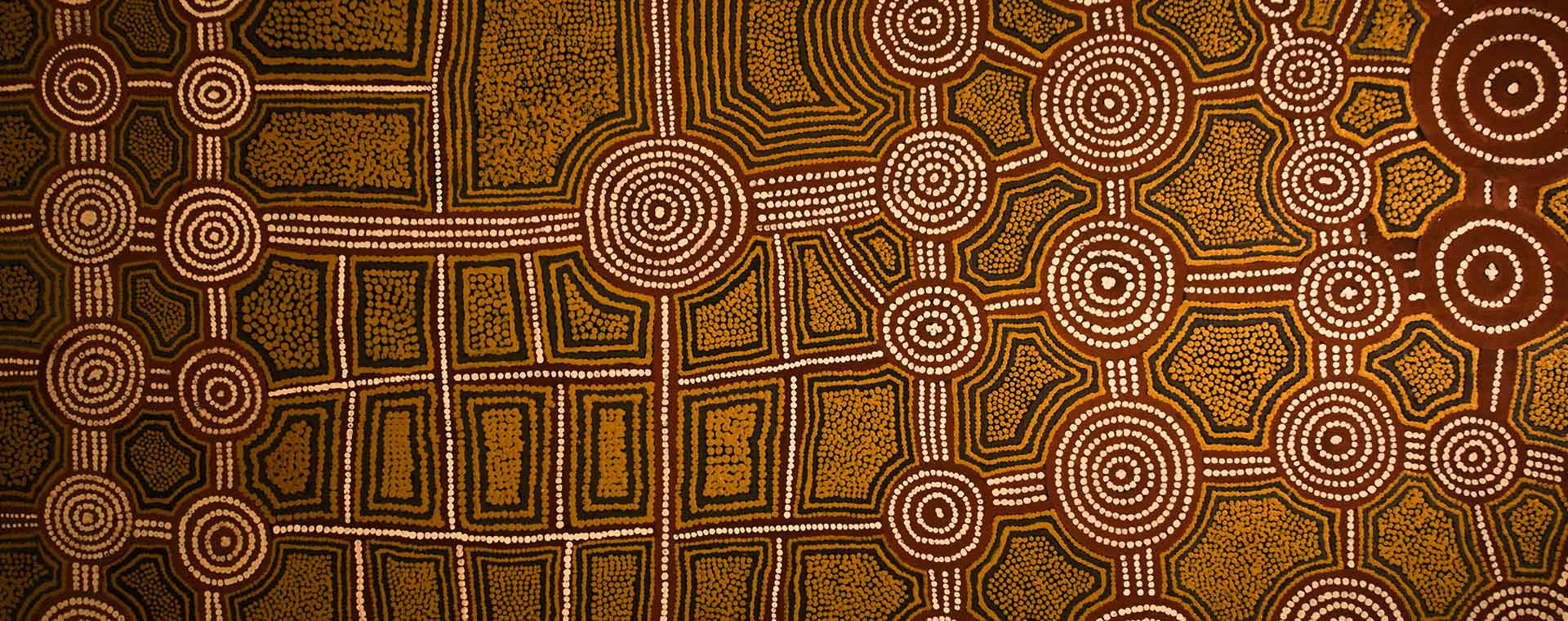Search

News & Events
Embrace Big Idea 2023 winners announcedPhoto (clockwise from top-left): Dr Craig Taplin, Mx Rigel Paciente, Ms Heather Roby, Dr Keely Bebbington, Dr Alix Woolard.

News & Events
Youth Sanctuary to open in SubiacoMental Health Minister Amber-Jade Sanderson presents funding that will enable the Youth Sanctuary to open later this year.

News & Events
Prominent WA psychiatrist receives AM award at Government HouseProminent WA psychiatrist Professor Helen Milroy receives AM award at Government House

It’s a conversation that can be tricky to navigate – how and when to talk to your kids about drinking alcohol safely.

While COVID-19 is frightening, we've created some resources designed to help families tackle the challenges this virus has created for us.

The END RHD CRE is producing a costed, step-wise strategy to end rheumatic heart disease (RHD) as public health priority in Australia.

Aboriginal and Torres Strait Islander communities have some of the highest rates of rheumatic heart disease (RHD) in the world. This report outlines

End RHD CRE News & Events

News & Events
Rheumatic Heart Disease Endgame Strategy: what does it mean to community?Across Australia, more than 5,000 Aboriginal and Torres Strait Islander people are currently living with rheumatic heart disease (RHD) or its precursor, acute rheumatic fever (ARF).
